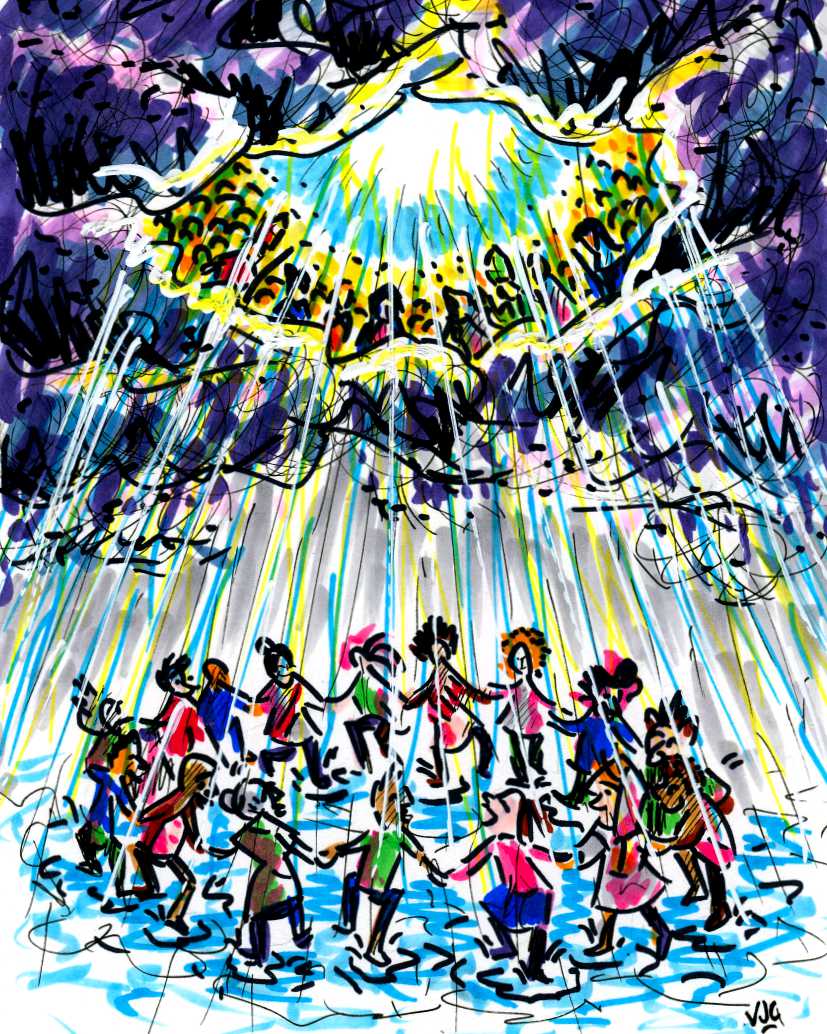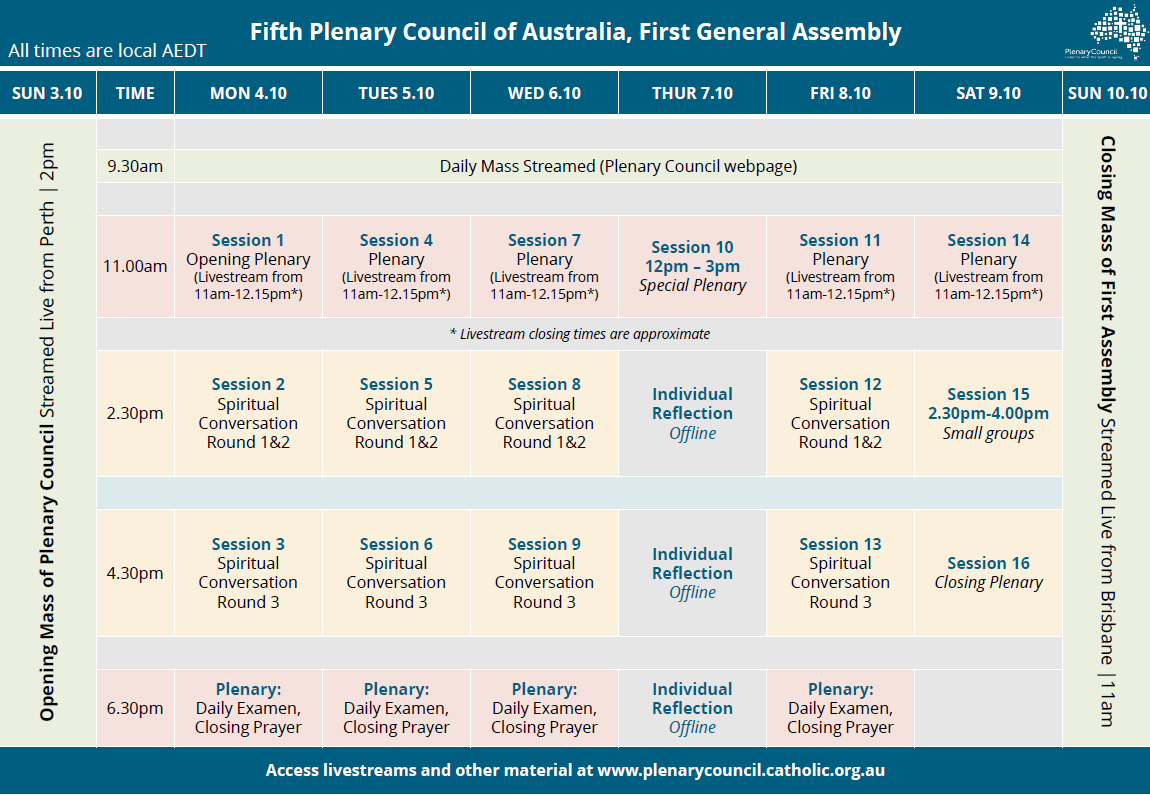What happened? At a regular Wednesday College Chapel service a 25 minute talk was given based on Romans 12:9-21. The talk was about our inability to love the way God is calling us to love unless we have experienced His love first. During the talk, the speaker promised that he would stay in the chapel for anyone who needed prayers. The chapel emptied quickly, with a handful of people staying back.
Then God initiated something. He has done this before. Blessed Imelda Lambertini was aged 11 in 1333, and her longing for Jesus was immense. When the Ascension Thursday service ended, everyone else went back to their duties except Imelda, because her longing kept her there. God then worked the miracle she had been longing for, but He wanted everyone else to share in it, since they had all been touched by Imelda’s longing. God caused a fragrance to occur which one by one drew everyone back to the chapel, and the miracle was then completed.
I haven’t heard of any fragrance that brought people back, but the speaker did ask God to give them an itch that they just had to do something about. Filling a chapel back up is a miracle in itself. This beginning had God’s fingerprints on it, and only God’s fingerprints.
Since then reports have emerged of a weighty yet blissful presence of God. What else is being reported is the continuous prayer meeting and the long lines of people waiting their turn to get into the chapel. Thankfully some people have been using their phones to record segments of this extraordinary prayer meeting.
What is extraordinary about it? It is low tech, microphones, a guitar and piano and a strange kind of portable drum, some vocals, no sight screens, no special lighting. Preaching is absent, prophecy is absent, evangelists and teachers are absent. Agendas are absent. The preaching podium is empty. Teams of musicians rotate in shifts of around 2 hours, and they are supporting what is happening, not leading it. God’s spotlight is on the body of Christ.
Naturally the concept of not being needed is unsettling to all those who usually lead.
But what we are seeing is a taste of heaven.
What happens in heaven? God’s love flows out to His people, and their response of love flows back. Most of it happens in music and praise. When God is King and present, you don’t need a preacher, teacher, evangelist or prophet. All these people are needed to help people to God, but when God shows up, everything and everyone defers to Him. In heaven, once in a while, there are testimonies. That’s happening once in a while at Asbury too.
All of the footage from Asbury shows the body of Christ praising and worshipping God in unity. Yes there are people coming and going, and there are always going to be people who haven’t yet entered into the flow of what’s going on. Coming and going is quite normal at lengthy events. Whenever necessary people break off into prayer teams for the needy, or for those needing deliverance. There is no need for an altar call, people go up of their own accord to the base of the platform to pray their hearts out to God, and there is a steady stream of people doing that.
What we are seeing is a trickle of ‘may Your Will be done on earth as in heaven’. Two millennia of Christians have been praying to see that happen.
We are seeing God put a spotlight on ordinary believers; college students, parents, families with very young children, families with school age children, as well as those with greying hair who have longed and prayed to see such days as this. God is putting a spotlight onto ordinary believers who would never in a month of Sundays be considered leaders. This is so wonderful to see. What is happening is fulfilling many prophecies.
Growth is also happening. At least two other College chapels have had the livestream patched through to them to deal with the hungry for God. There was an announcement of some building ‘across the road’ filled with parents travailing in prayer for their children. Within the past 24 hours all those waiting outside the Hughes chapel on the lawn are singing and praying non-stop too. In other university chapels there are reports of ongoing prayer meetings happening.
Receive this message-in-action: God cares for ordinary people; God loves ordinary people; God is honouring ordinary people; God loves all of the members of the body of Christ – not just the big names. He is putting a spotlight of love on the body of Christ.
…………………………………………………………………………For the talk that preceded this wonder of God. 37 mins
https://www.youtube.com/watch?v=VGvvGbgUmMU
Some video tape from several hours at Asbury condensed into one hour.
https://www.youtube.com/watch?v=M7m3SU0rqTY&t=2961s
Edited transcript of the last few minutes of the talk.
| diocesanpriorities_zackmeerkreebs.docx |



 RSS Feed
RSS Feed